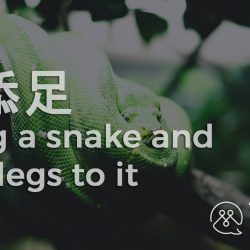Ask Age in Chinese and Other Related Questions
How to ask about age in Chinese? Height? Weight? “How old are you?’ “How tall are you?” “What’s your weight?” These are not just important questions for doctors — but for you! The everyday person! We’ll teach you these questions and more through a few simple conversations in Chinese language learning. Want to get more[…]









